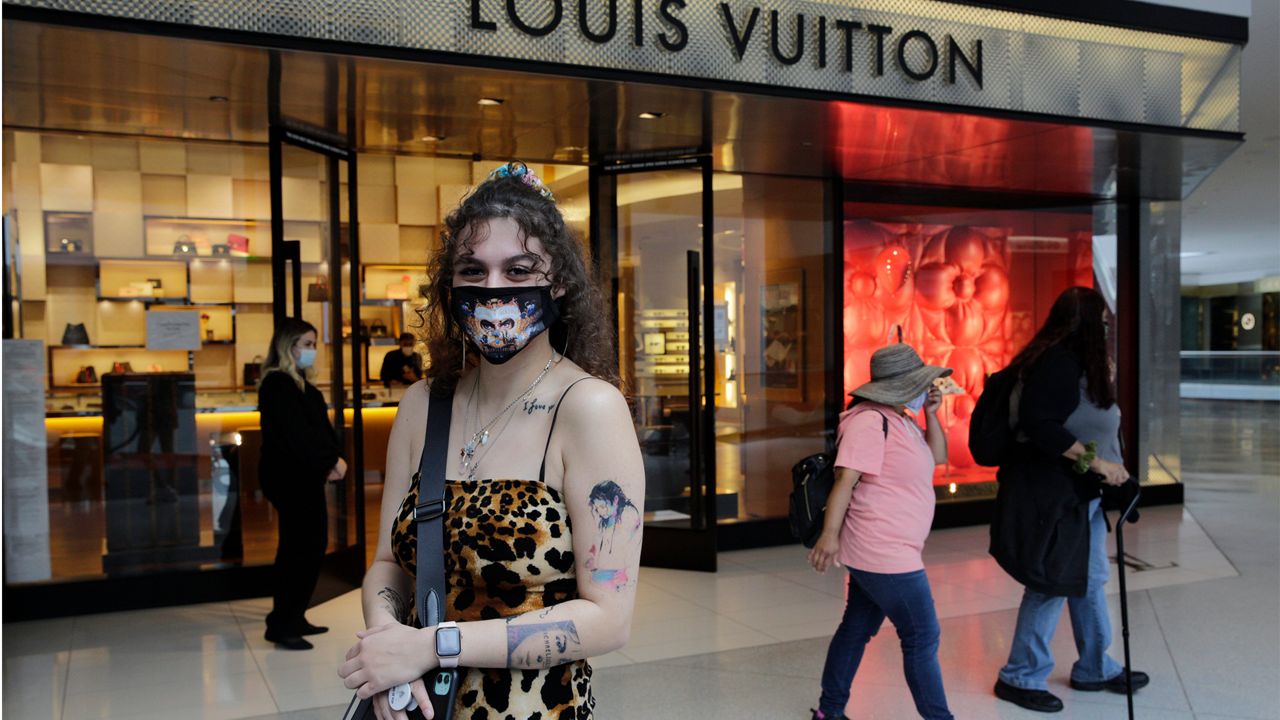LOS ANGELES (CNS) — With a continued surge in COVID-19 cases that has flooded hospitals with patients and led to deaths roughly every six minutes, Los Angeles County could face more business closures in an effort to slow the virus spread, with a decision potentially coming as early as Friday.
The nonprofit online publication Capital & Main, citing unnamed county sources, reported Thursday night that the county Board of Supervisors will hold a closed-door discussion Friday to consider additional infection-control measures, including possible closures of indoor shopping malls and other non- essential businesses.
All such businesses are already operating under strict 20% capacity limits under a regional stay-at-home order imposed by the state due to a lack of intensive-care unit beds across Southern California.
According to the county website, the Board of Supervisors will be holding a special closed-door meeting at 1 p.m. Friday. The two agenda items are a meeting with legal counsel regarding "significant exposure to litigation" and a performance evaluation of county department heads.
During a media briefing Wednesday, county Public Health Director Barbara Ferrer would not rule out the possibility of additional health restrictions being imposed, particularly in light of soaring COVID infection numbers, hospitalizations and deaths. She also noted the likely presence in the county of a new coronavirus variant first discovered in the United Kingdom. The new strain of the virus does not make people sicker, but it is far more contagious, meaning it can spread more rapidly from person to person, rapidly driving case numbers even higher.
"Current projections by the experts predict that if left unchecked, this variant could dominate locally by March," Ferrer said.
She urged residents to continue adhering to existing health restrictions, while suggesting more may be needed.
"We should be prepared to do more if cases remain high," she said. "The work ahead requires us to take every action necessary to reduce transmission."
Asked Thursday night about possible new business closures or other restrictions, Los Angeles Mayor Eric Garcetti said, "That's something I know that the county is looking at."
"I think it's the obvious categories of things people have looked at - - whether or not schools stay open and closed, whether outdoor gyms and recreational youth leagues stay open and closed, indoor malls, retail, things like that," Garcetti said.
The mayor said that given the potential danger of the UK variant of the virus, "we have to always be open and I will always follow the science and the advice of our public health (leaders) ... and the county supervisors, who I know are making very difficult decisions and are incredible leaders right now trying to figure out whether or not there should be further closures."
Ferrer noted this week that workplace outbreaks have risen dramatically in recent weeks, helping to drive the surge in cases, possibly lending credence to a possible shutdown of more businesses.
Garcetti echoed the concern about workplaces Thursday, saying essential workers are at heightened danger of being infected with COVID and spreading it to their families.
"We've reached that breaking point where too many essential workers in our denser neighborhoods have to go to work, are coming home and are spreading that," he said.
The mayor said the region could potentially avoid stricter business restrictions if case numbers ease.
"But the moment it goes up, like we saw in December, at any pace like that, that is absolutely something we cannot sustain, and most importantly, our hospitals cannot, and we would move into crisis mode there," he said.



